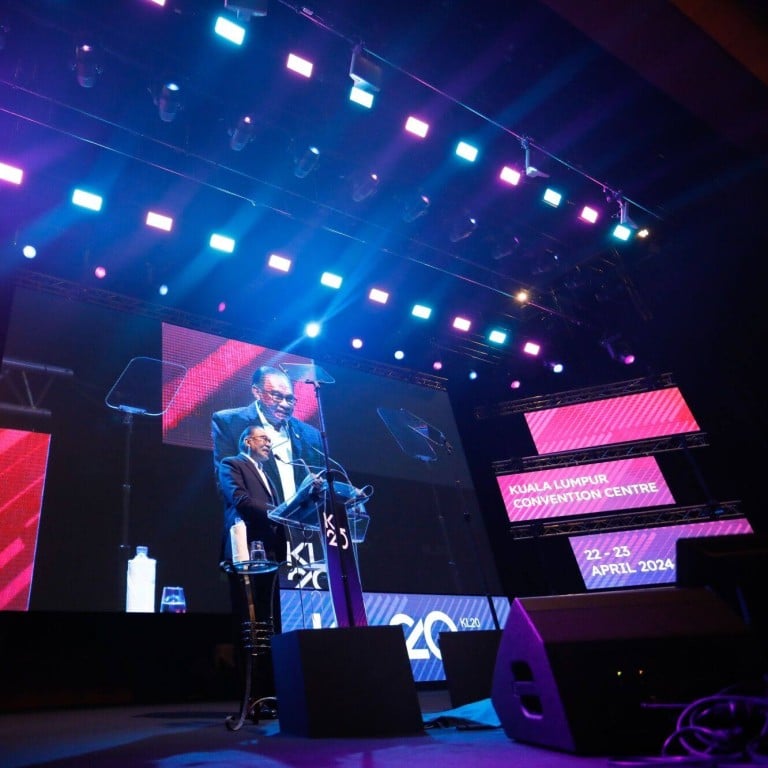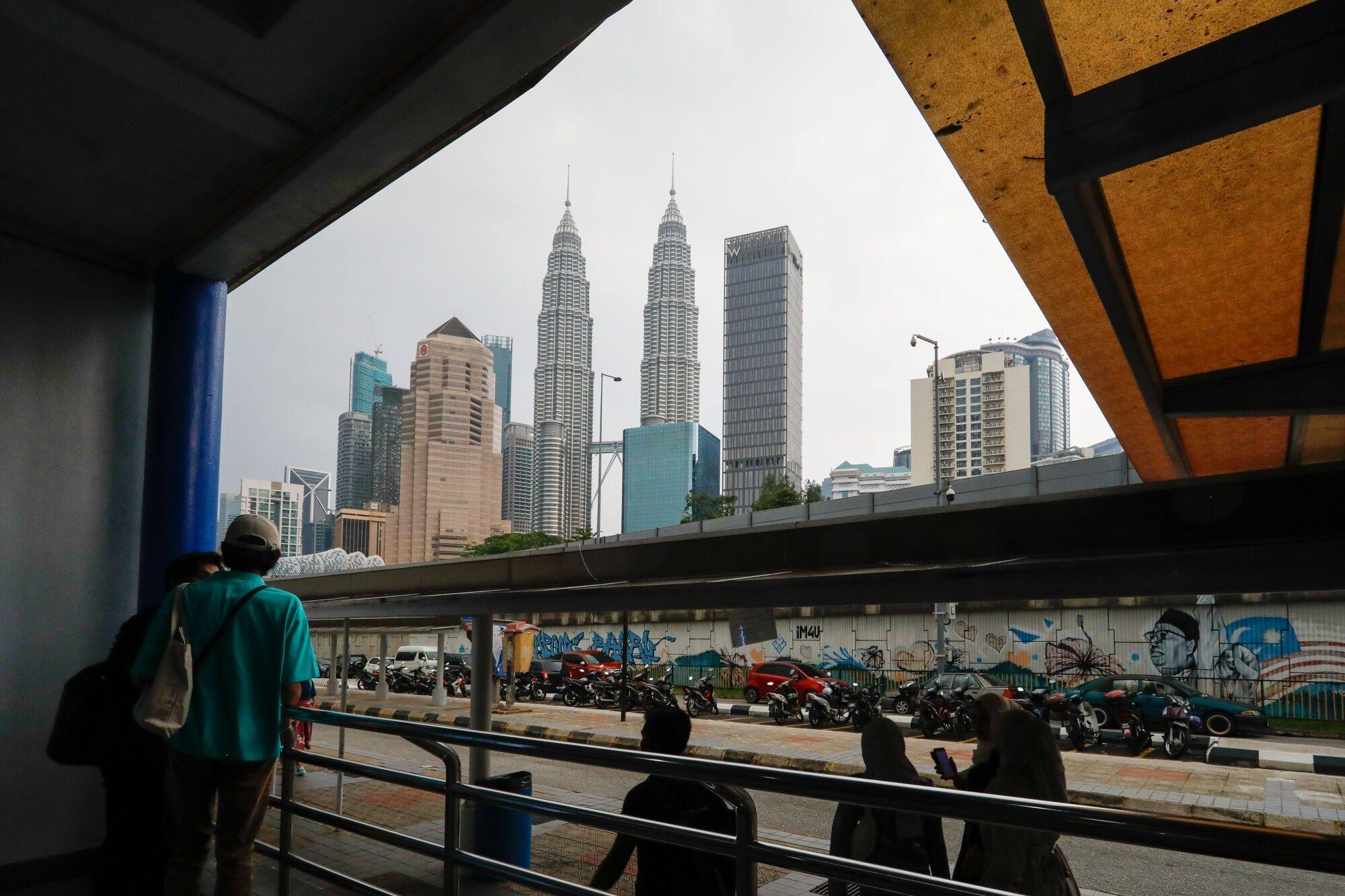
Malaysia to offer incentives to attract global tech firms as it eyes regional digital hub status
- It plans to build Southeast Asia’s largest integrated circuit design park that is part of its efforts to move beyond chip assembly and into high-value work
- Malaysia aims to turn Kuala Lumpur into a regional digital hub, and to be among the top 20 countries in the global start-up ecosystem index by 2030
Malaysia is aiming to turn Kuala Lumpur into a regional digital hub, with the goal of being among the top 20 countries in the global start-up ecosystem index by 2030.
The country is a major player in the semiconductor industry, accounting for about 13 per cent of global testing and packaging.

The park, to be backed by Malaysia’s central Selangor state, will house world-class anchor tenants and collaborate with global companies such as British chip maker Arm Holdings, Anwar said, without providing further details.
Malaysia’s sovereign wealth Khazanah Nasional will also launch a fund to invest in innovative high-growth Malaysian companies, with an initial allocation of 1 billion ringgit (US$209 million), Anwar told the KL20 Summit event, aimed at launching new policies to support Malaysian start-ups.
Economy Minister Rafizi Ramli said the government will offer incentives including subsidised office spaces, exemptions on employment passes, relocation services and lower corporate tax rates for foreign venture capital firms, tech entrepreneurs and unicorns – start-ups reaching a US$1 billion valuation – looking to invest in Malaysia.
“We want to attract global unicorns to enter Malaysia, so that high-skilled and high-value jobs are created, besides developing a pipeline of future entrepreneurs and senior leaders in tech,” Rafizi said.
Malaysia must ‘innovate’ chip sector as pie shrinks amid US-China rivalry
It also aims to create a more vibrant VC funding scene by doubling funds to US$1.4 billion by 2030.
Twelve global VC firms will be setting up offices in Malaysia, Anwar said.
Funds committed to venture capital and private equity in Malaysia grew to 17.6 billion ringgit last year from 3.3 billion ringgit in 2006, according to data from the Securities Commission. That was only a fraction of the almost 1 trillion ringgit in combined assets in the nation’s fund management industry.


